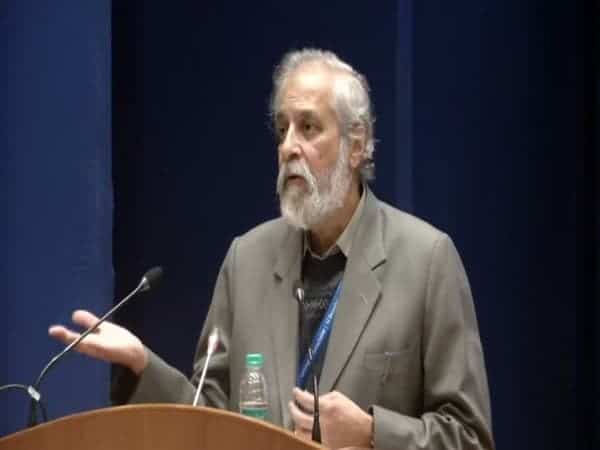New Delhi: As per the law laid down by the Supreme Court in 1952, the proviso to the definition of an illegal immigrant in the amended citizenship act is unconstitutional, said Justice Madan Lokur, a former judge of the Supreme Court.
According to Hindustan Times, Justice Lokur, who is now a Supreme Court judge in Fiji, said that in order to pass the test of Article 14 of the Constitution, which deals with equality, rational classification and reasonable nexus with the object sought to be achieved by the legislation, both are required.
He is quoted to have said, “The proviso to the definition of “illegal migrant” inserted in the Citizenship (Amendment) Act is clearly unconstitutional provided one agrees with the law laid down by the Supreme Court way back in 1952 in State of West Bengal v. Anwar Ali Sarkar. Article 14 of the Constitution is not limited only to reasonable [actually rational] classification. What is important is that the rational classification must have a reasonable nexus with the object sought to be achieved by the legislation. In other words, there is a twin requirement of rational classification and reasonable nexus to pass the test of Article 14, and this is unfortunately forgotten in the present debate.”
Citing the case Justice Madan Lokur quoted the judgment given by Justice SK Das of the Supreme Court, who said:
“The classification must not be arbitrary but must be rational, that is to say, it must not only be based on some qualities or characteristics which are to be found in all the persons grouped together and not in others who are left out but those qualities or characteristics must have a reasonable relation to the object of the legislation.
In order to pass the test, two conditions must be fulfilled, namely, that the classification must be founded on an intelligible differentia which distinguishes those that are grouped together from others and that differentia must have a rational relation to the object sought to be achieved by the Act. The differentia which is the basis of the classification and the object of the Act are distinct things and what is necessary is that there must be a nexus between them.
In short, while the Article forbids class legislation in the sense of making improper discrimination by conferring privileges or imposing liabilities upon persons arbitrarily selected out of a large number of other persons similarly situated in relation to the privileges sought to be conferred or the liability proposed to be imposed, it does not forbid classification for the purpose of legislation, provided such classification is not arbitrary in the sense I have just explained.”
Justice Lokur maintained that this view has been followed hundreds of times by the Supreme Courts and thousands of times by all the high courts. He further added if this classic test is applied, the proviso in CAA is unconstitutional.
Saying that the Statement of Objects and Reasons accompanying the Act casts aspersions on Afghanistan, Bangladesh and Pakistan, Justice Lokur believed that it was diplomatically unwise as well.

